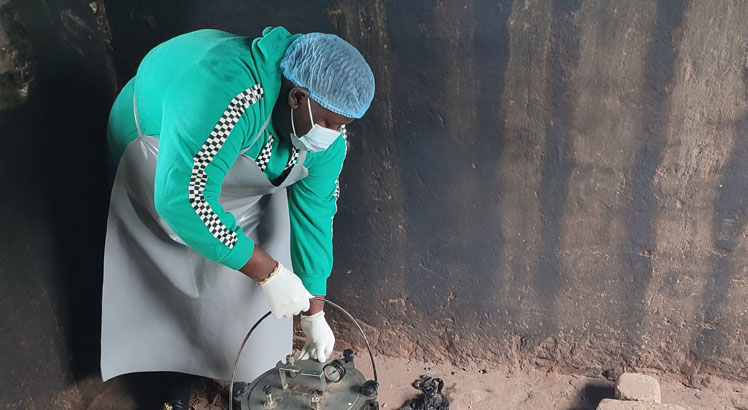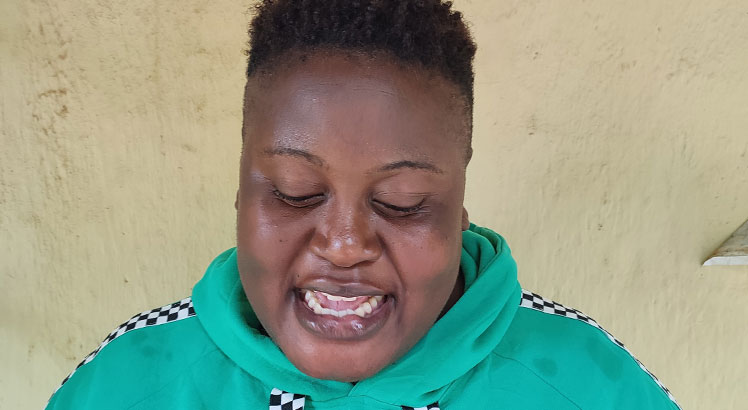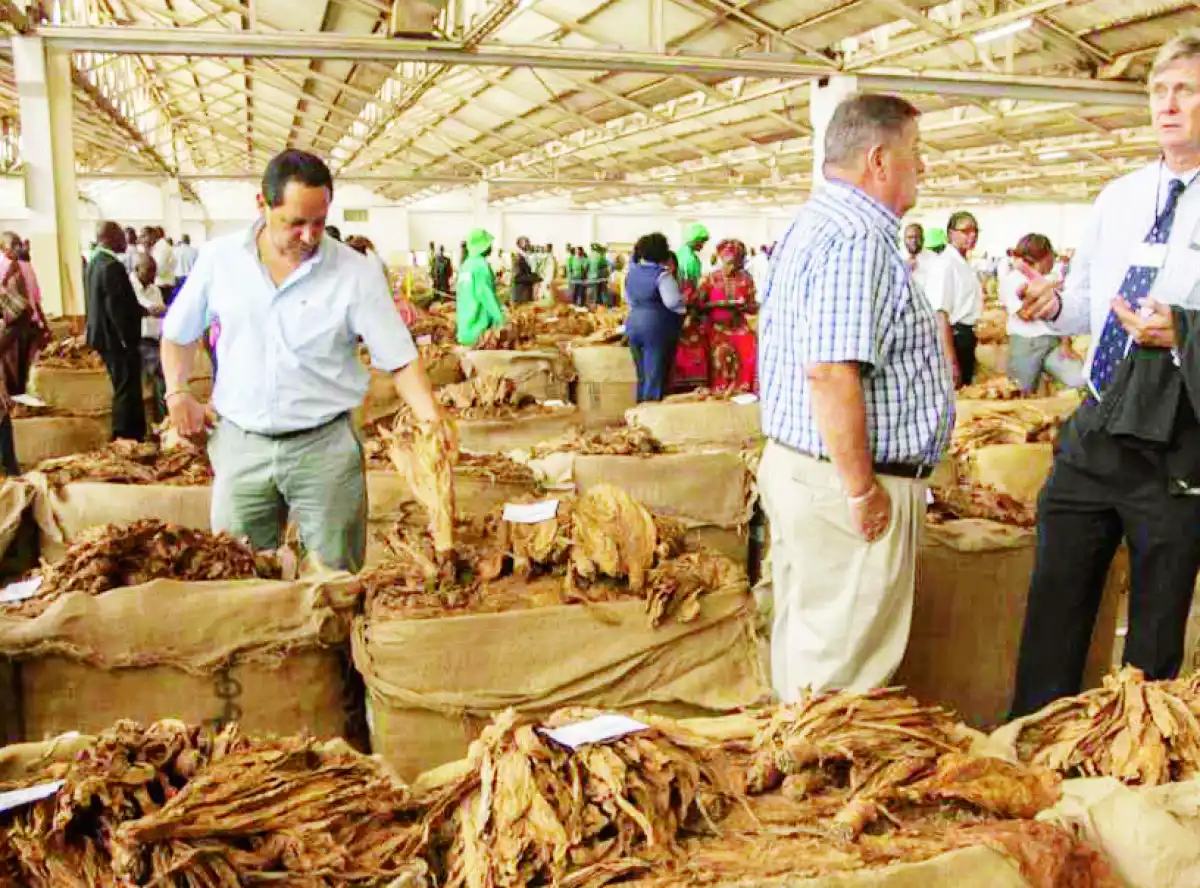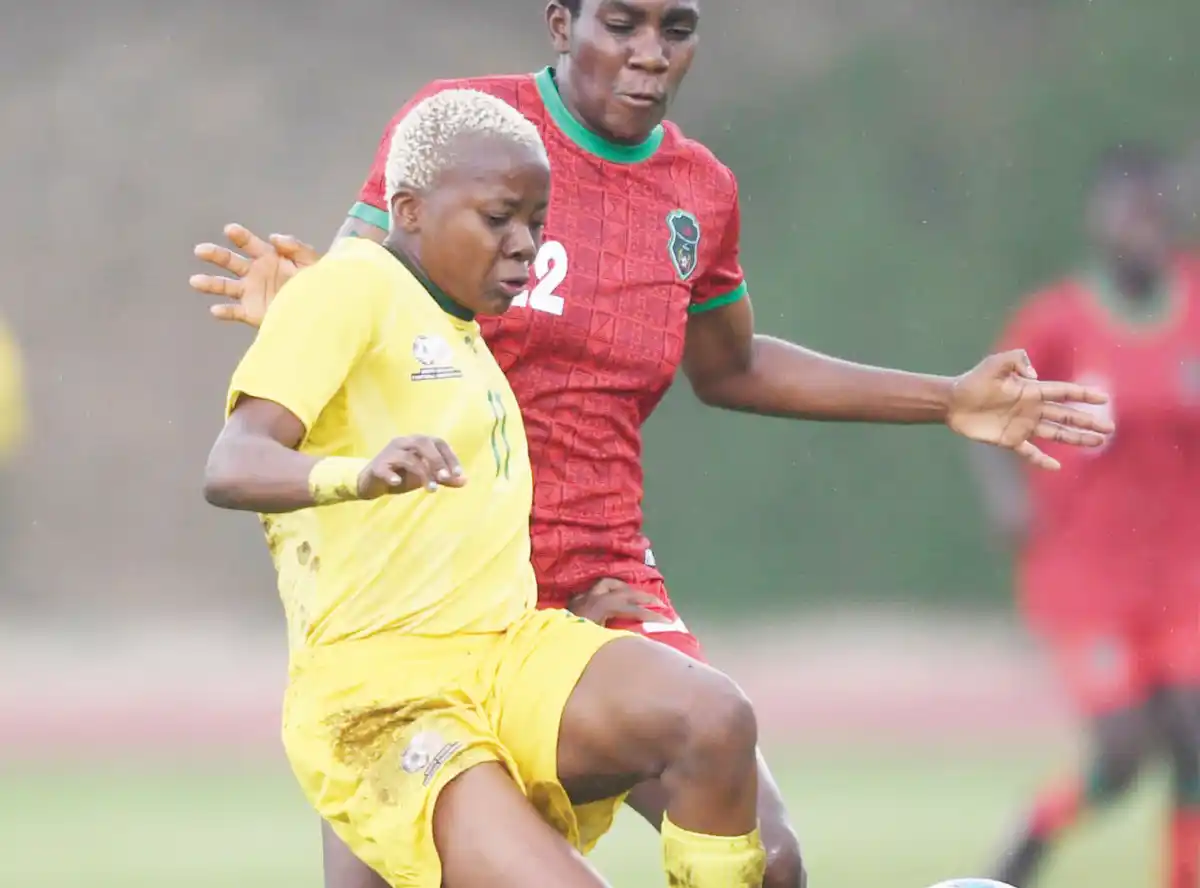In the dimly-lit delivery room of Gaga Health Centre in Chikwawa District, the flickering flame of a phone torch dances across the facility’s community midwife assistant Faith Chiwaula’s face, casting long shadows.
Angella Phiri, a 25-year-old woman gripped by the agony of labour, clutches Chiwaula’s hand in desperation.
The community midwife assistant is determined to bring new life into the world despite the oppressive darkness.
As dawn approaches, far from the bustling Chikwawa Boma, Chiwaula faces a daunting challenge.
Phiri’s screams pierce the quiet night in the nearby villages, disturbing the stillness surrounding the health centre.
There are no bright overhead lights, no whirring medical equipment—just a woman in labour and a flickering torch, a fragile beacon of hope in a sea of uncertainty.

Resourcefulness amid adversity
Chiwaula remains composed. This is not the first time for her to navigate such darkness.
The absence of electricity is a relentless adversary at the health centre, and is as constant as the heat and the hum of mosquitoes.
Expectant mothers like Phiri are routinely asked to bring torches or candles, small offerings to stave off the night and welcome miracles.
Tonight, the torch in Chiwaula’s hand shows the resourcefulness of health workers to sustain healthcare systems in far-flung health facilities like Gaga.
She has delivered babies by moonlight and guided births by the glow of a paraffin lamp, anything to dispel the darkness that threatens not only visibility but also hope.
As Chiwaula helps Phiri to deliver a baby, the weight of their situation presses down on her.
The darkness at Gaga symbolises the deeper challenges shrouding maternal healthcare in the district.
Frontline voices
“Life here is tough and rough,” remarks the facility’s in-charge Brenda Mphemberera. “Our old solar system barely provides light for more than three hours, forcing us to rely on torches.”
Her thoughts turn to the countless mothers who are not as fortunate as Phiri.
Mphemberera explains: “The wounds of some women who bleed profusely after childbirth may not be adequately treated in the dark.
“Babies are born prematurely, their fragile lives hanging in the balance without temperature-controlled incubators. The lack of electricity is not merely an inconvenience; but also matter of life and death.”

Widespread challenges
At Mfera, Chipwaila, Chang’ambika, Ndakwera, Dolo and Chithumba health centres in the district, women also deliver babies under the dim glow of phone torches.
“Operating a health facility without electricity is incredibly challenging. Some drugs need refrigeration, medical equipment requires power and some mothers need stitching after delivery,” explains the district’s safe motherhood coordinator Nyson Sekani.
The absence of electricity forces healthcare workers to make agonising decisions, often referring critical cases to the distant Chikwawa District Hospital—a perilous journey over rutted roads and in the rainy season through overflowing rivers without bridges.
Even in facilities with electricity—such as Makhwira Health Centre—power outages frequently plunge them into darkness.
“Without power backup, we too rely on phone torches during outages,” says nurse technician King Chris.
He holds his phone between his slips to demonstrate how they do it.
Chikwawa director of health and social services Dr. Grace Momba echoes the concerns.
“As a district health office, we are working tirelessly to change this narrative. We either need grid electricity or install solar panels in our health centres,” she explains.

A call for change
Sekani agrees with Momba, calling on well-wishers to connect the district’s health facilities to the national power grid.
“If that is not possible, then help us with solar systems so that we can provide quality healthcare to mothers and their babies,” he pleads.
Sekani’s plea underscores the urgent need for change. Mothers and babies in Chikwawa deserve better.
This drive for change fuels the 2024 Mother’s Fun Run (MFR), an initiative aiming to raise K300 million for Chikwawa District Hospital and its health facilities.
Standing outside Gaga Health Centre, MFR patron, Mbumba Banda, surveys the scene.
“It’s heart-breaking,” she says, her voice thick with emotion. “Essential resources are within reach, yet mothers deliver their babies in darkness.”
The MFR patron was seemingly referring to Electricity Supply Corporation of Malawi (Escom) power lines that tantalisingly pass through the health facility, complete with a transformer, yet Gaga Health Centre remains unconnected.
2024 Mother’s Fun Run
The 2024 MFR is more than a fundraising event. It is a movement for light, hope and better maternal care in Chikwawa.
Every step taken in the fun run, every kwacha donated, is a step toward a brighter future—one where deliveries are illuminated not by flickering phone torches, but by the radiant light of progress.
“Join the MFR,” Banda urges. “Be the light that illuminates the path to better healthcare for mothers and babies in Chikwawa. Together, we can rewrite this narrative.”








0 Comments